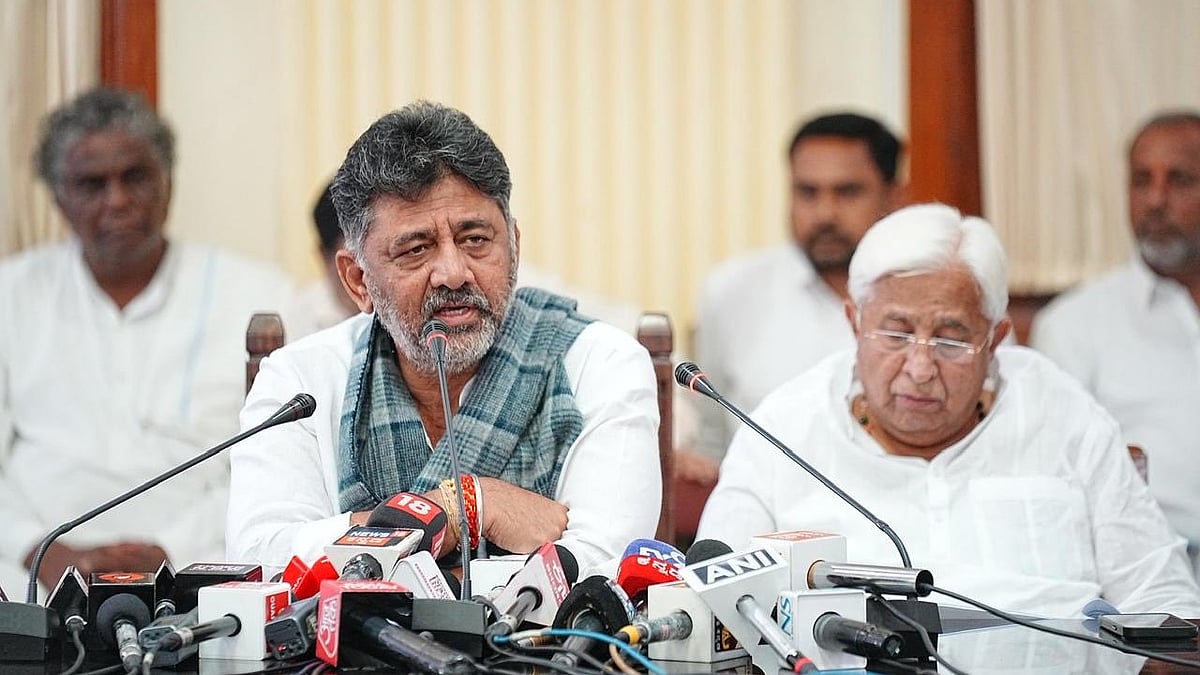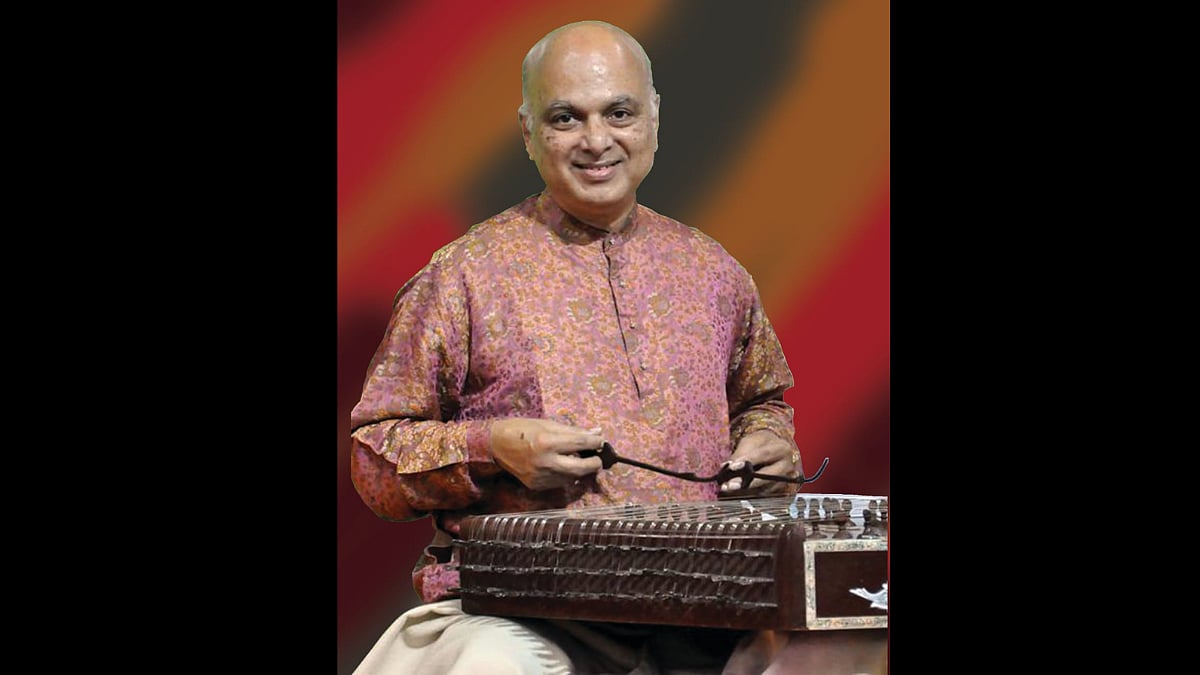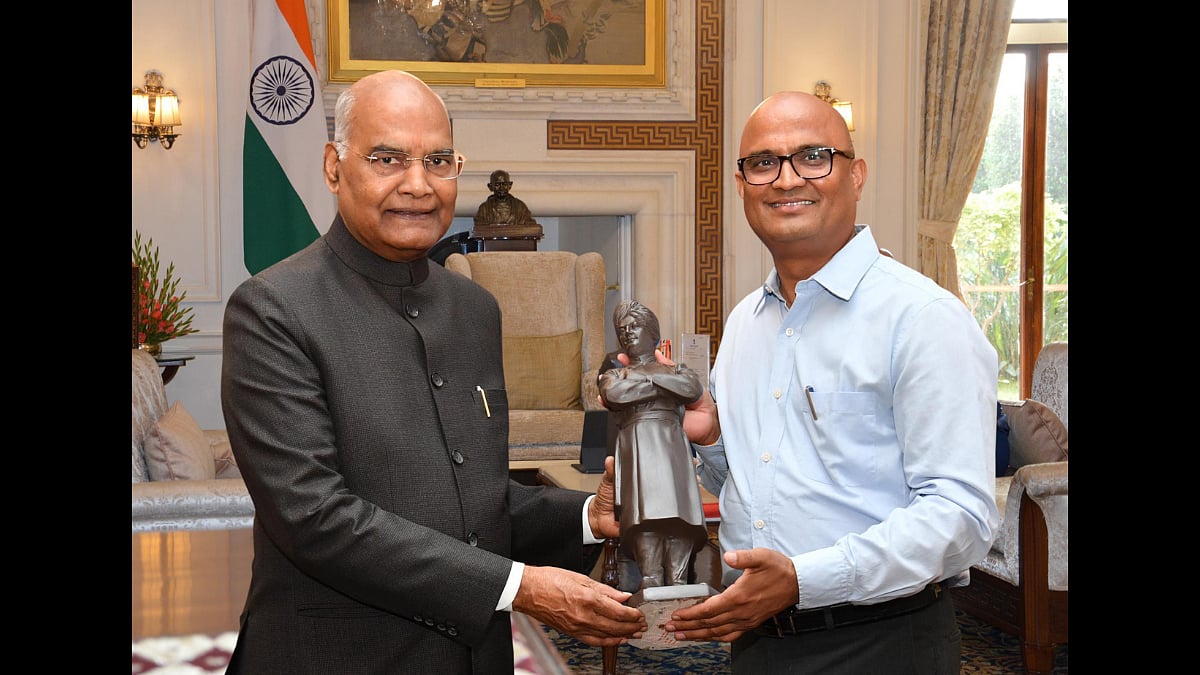There is never a definite way of knowing anyone. We can make guesses about someone else based on our understanding of them and our own life experiences. When we engage with another person on a social-physical plane we not only engage with a bundle of muscles wrapped on a skeleton but a multitude of motivations, intentions, expectations and value systems, which are in all probability very different from ours. Dealing with another person is akin to firing shots in the dark. It is often anxiety-inducing — precisely why so many brilliant people fail to make the cut at an interview and gorgeous eligible bachelors dread approaching someone for a date. It is anxiety-inducing. We want people to like us, agree with us and validate us. The most dangerous of all expectations we have from others is that they would understand us, sometimes even without us enunciating what we want them to understand.
The famous line from French philosopher Jean Paul Sartre's play, "Huis Clos, or No Exit", “Hell is other people” offers rich insight into why our relationship with others is fraught with anxiety, conflict, resentment and, most importantly, judgement. Explaining the often-misunderstood statement, Sartre said: “I mean that if relations with someone else are twisted, vitiated, then that other person can only be hell. Why? Because… when we think about ourselves, when we try to know ourselves… we use the knowledge of us which other people already have. We judge ourselves with the means other people have and have given us for judging ourselves.”
When we use the 'other' as a means of self-assessment and validation it is only logical that they become the cause of much anxiety in our life. We are trapped in the other person's perceived perception of us so much so that we start looking at ourselves through their eyes. This not only alienates us from our authentic core but also from others. There are some relationships in which we cannot afford to have projections and perceptions take over reality. I feel the relationship between a superior and subordinate at work and that between romantic partners are worst affected by this kind of assumption about what the other thinks of us. These are the Other we depend on to comfort us, to be kind to us, to help us, to rescue us, to make us happy and more often than not end up disappointed. This is what I call the “other” conundrum. To depend on an entity that we don’t exactly understand for the nourishment of our soul isn’t quite rational.
You could say that in intimate relationships partners tend to know so much about each other that they can predict each other’s behaviour. Predicting someone’s behaviour like they will throw the wet towel on the bed or forget to get the grocery is hardly a holistic assessment of the other. Yes, behaviour can be predictive but their psychological reality is hidden behind a mist that we can never penetrate.
Indian spiritual texts have devised a genius method of circumventing this problem. They proclaim that there is no Other. We only have an illusion of the other. Everything we feel about the other is our own mind’s creation. So, if you ask a spiritual guru, “how can I improve my relationship with my boss or spouse”, they will immediately reply “focus on improving yourself for there is no other”. Much of the psychotherapeutic work is also self-centred.
Harry Stack Sullivan, a non-Freudian psychoanalyst, however, was of the view that our behaviours are a way of reducing interpersonal anxiety and increasing social security. He theorized that all anxiety and psychopathology is rooted in interpersonal relationships. No wonder then that to avoid anxiety and rejection we often isolate ourselves and develop an aversion for human interactions because in the end they seem to add nothing to our life and always fall short of our expectations.
Just the other day I read a post by a friend who said that it was better to have a house-help than a man in her life. She takes care of most of her needs in life. This form of punishing self-reliance in the modern world is a way of reducing the anxiety and uncertainty of depending on someone as unreliable as the other.
Our tussles with the other will persist as long as we see them as means to an end. The phenomenon of ghosting for example on dates is the worst kind of self-centred behaviour. By the very virtue of being unknowable, the other has a divine quality. When you have an understanding that the Other is as fragile as you are and not merely a device to fulfil your needs you handle them with far greater care. The right way to love the other would be to be curious about them rather than attributing assumptions and judgements which are products of our narrow experience.
(The writer is a mental health and behavioural sciences columnist, conducts art therapy workshops and provides personality development sessions for young adults. She can be found as @the_millennial_pilgrim on Instagram and Twitter.)













